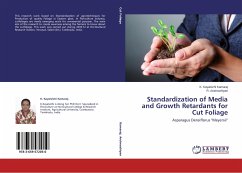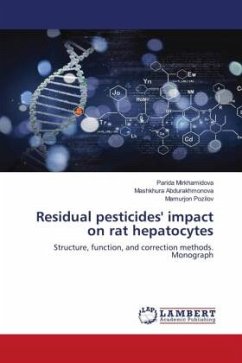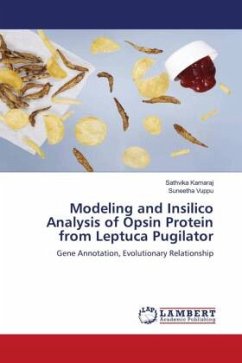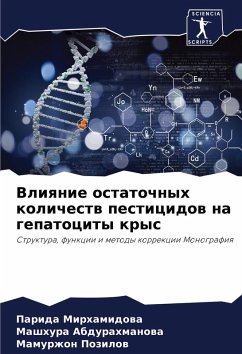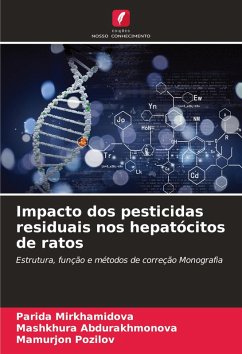
Minimal Cut Sets and Their Use in Modelling Flavonoid Metabolism
The use of mathematical and computational modelling on genome scale metabolic data
Versandkostenfrei!
Versandfertig in 6-10 Tagen
53,99 €
inkl. MwSt.

PAYBACK Punkte
27 °P sammeln!
This book is about the use of computer models to understand the complicated way that interconnected chains of chemical reactions in plant cells produce flavonoids. Flavonoids are compounds that give flowers their colour and fruits their flavour. They help protect plants and are beneficial to people as food and in preventing cell damage in the body. The focus is on anthocyanins, a major flavonoid subgroup responsible for colour pigmentation in plants. Two quite different sets of scientific knowledge are used: one is about plants, their metabolism and the thousands of chemicals and reactions tha...
This book is about the use of computer models to understand the complicated way that interconnected chains of chemical reactions in plant cells produce flavonoids. Flavonoids are compounds that give flowers their colour and fruits their flavour. They help protect plants and are beneficial to people as food and in preventing cell damage in the body. The focus is on anthocyanins, a major flavonoid subgroup responsible for colour pigmentation in plants. Two quite different sets of scientific knowledge are used: one is about plants, their metabolism and the thousands of chemicals and reactions that make up all processes of life inside a cell; the other is about computers and mathematical models and how they can be applied to analyse biology. The models link the structure of a metabolic network to the phenotypic roles of genes, where they occur in the network and the impact their elimination has on other genes and processes in the cell. The results help improve understanding on how living cells work and how they react and adapt to internal and external environment perturbations. This knowledge can assist in directing biological research to achieve required experimental results.




